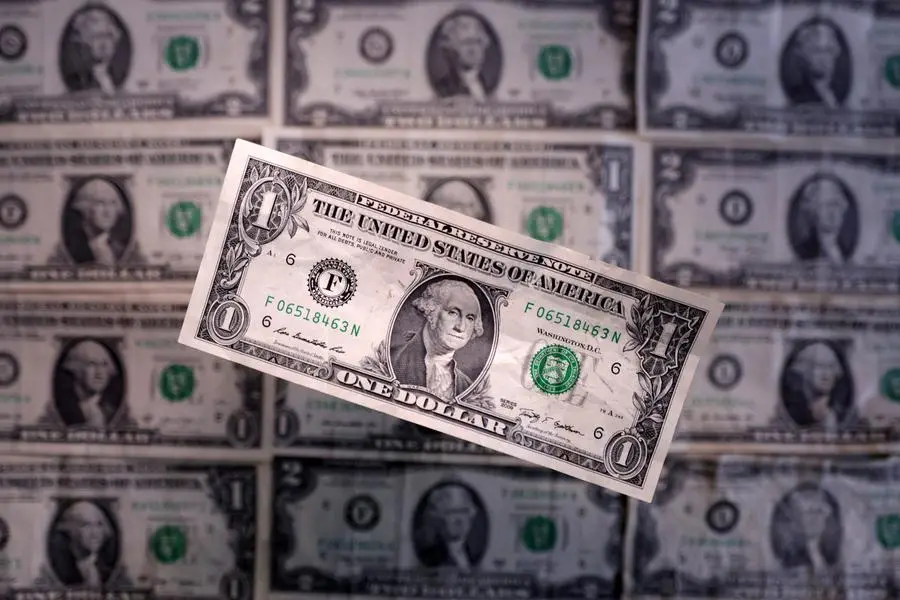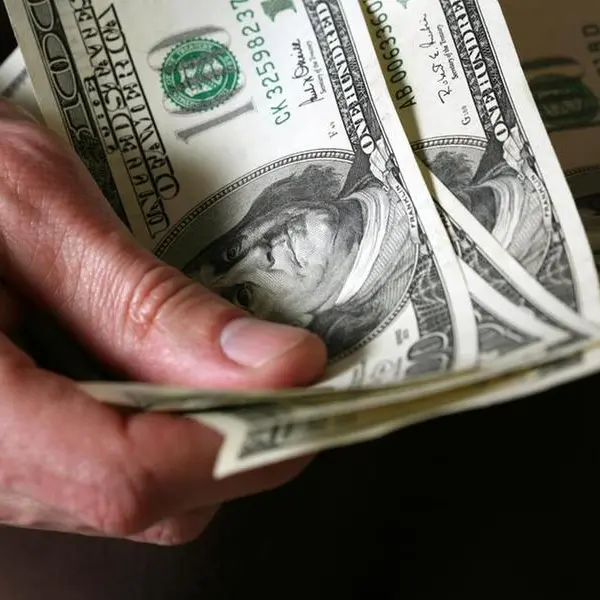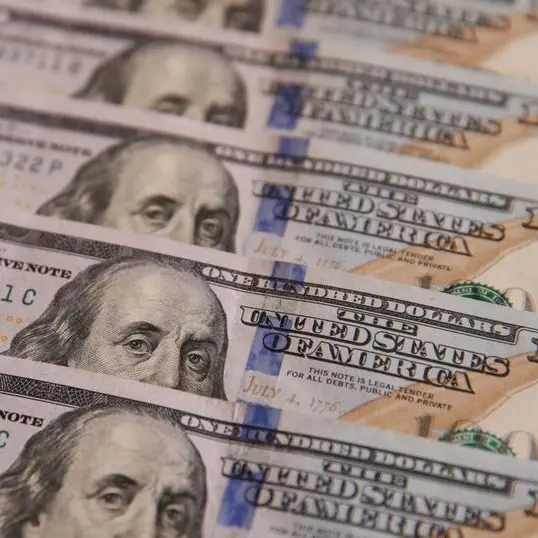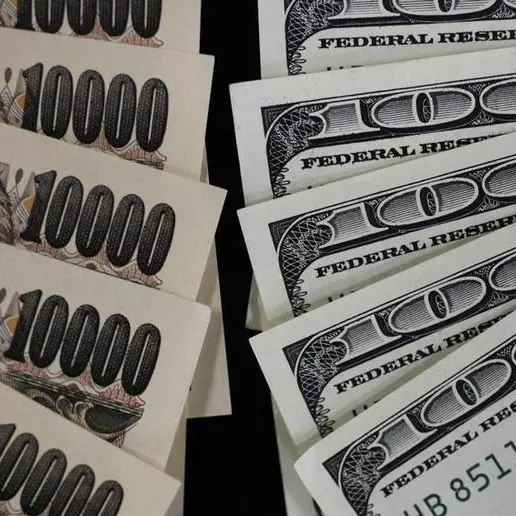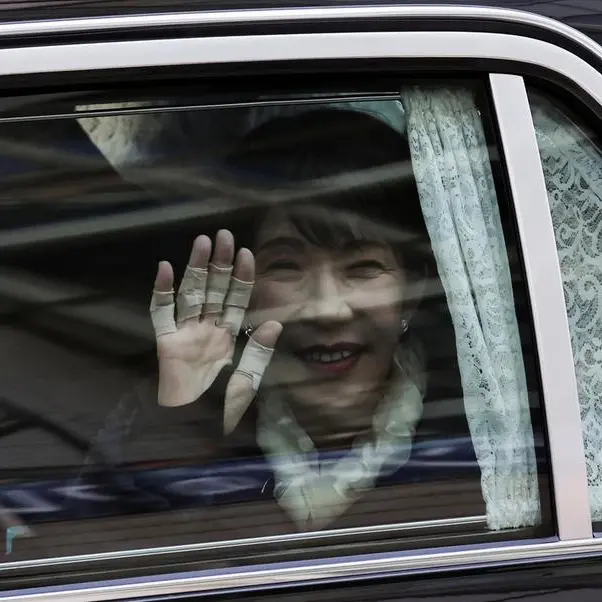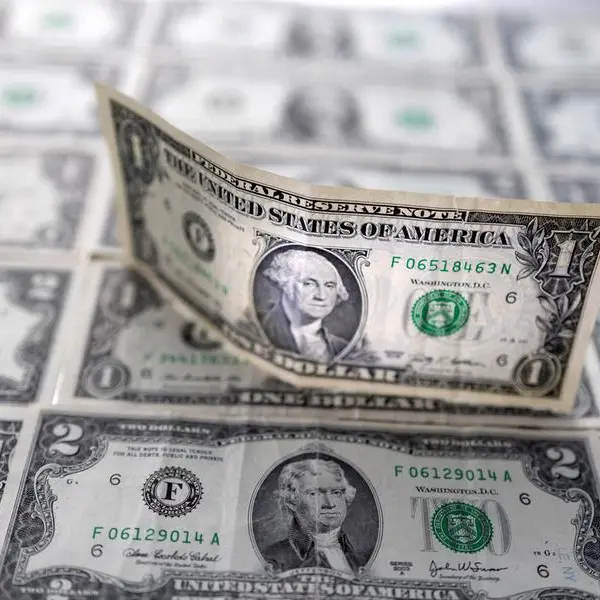PHOTO
TOKYO: The U.S. dollar trimmed a four-week gain in early Asian trade as markets digested a surprise downgrade of the U.S. government's credit rating and as lingering trade frictions weighed on sentiment.
The greenback advanced 0.6% against major counterparts last week after a temporary trade truce between the United States and China eased fears of a global recession. But economic data pointed to rising import prices and waning consumer confidence.
Moody's cut America's top sovereign credit rating by one notch on Friday, the last of the major ratings agencies to downgrade the country, citing concerns about the nation's growing $36 trillion debt pile.
"The focus on U.S. growth risks and the U.S. administration's policy agenda may have put the U.S. safe-haven status in question," said Mahjabeen Zaman, head of foreign exchange research at ANZ.
U.S. Treasury Secretary Scott Bessent said in television interviews on Sunday that President Donald Trump will impose tariffs at the rate he threatened last month on trading partners that do not negotiate in "good faith."
Meanwhile, Trump is facing resistance within his own party in pushing forward a sweeping tax cut bill that would add an estimated $3 trillion to $5 trillion to the nation's debt over the next decade.
The dollar lost 0.3% to 145.22 yen. The greenback was also 0.2% lower against the Swiss franc, another safe-haven counterpart.
The Australian dollar edged up 0.1% to $0.6409 after three days of losses. Markets have priced in a certainty for a quarter-point cut in the Reserve Bank of Australia's 4.10% cash rate on Tuesday.
The euro stood at $1.1185, up 0.2%. Sterling traded at $1.3299, up 0.1%.
New Zealand's kiwi dollar rose 0.1% to $0.5888.
(Reporting by Rocky Swift; Editing by Stephen Coates)
